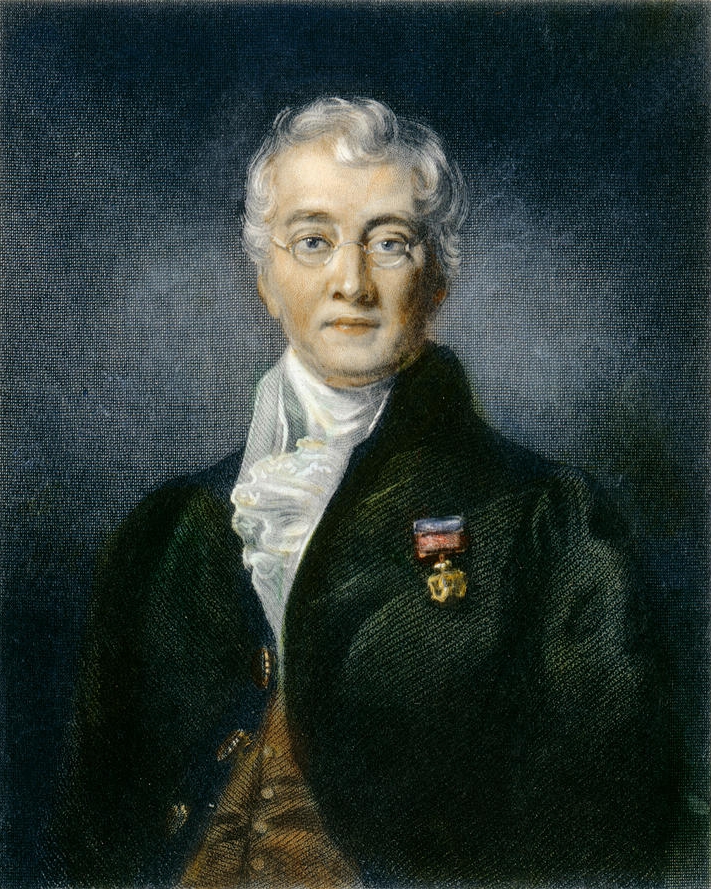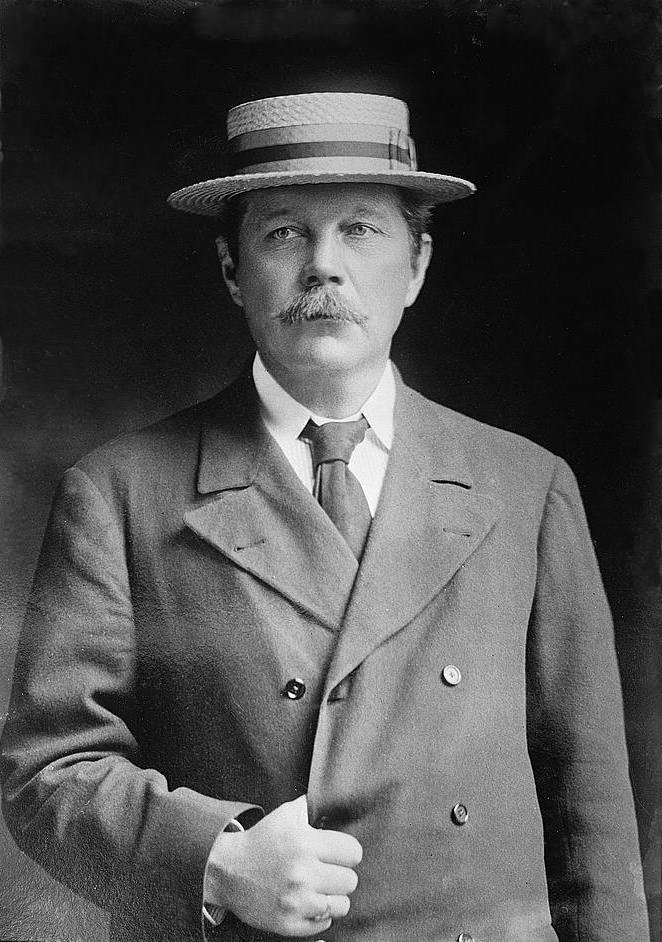(Last Updated On: 27th July 2021)
If I were to write about Scotland’s greatest minds, this would be a very, very long post. So to save me having to do six months of research and you from having to read 10,000 words of what I discovered, I have limited this to Edinburgh’s greatest minds. Start looking, and you’ll soon see there were an extraordinary number of great thinkers – scientists, mathematicians, doctors, writers, inventors – who were either born or lived in Edinburgh for a significant time in the 18th and 19th centuries. And all of them, one way or another, undoubtedly changed the world.
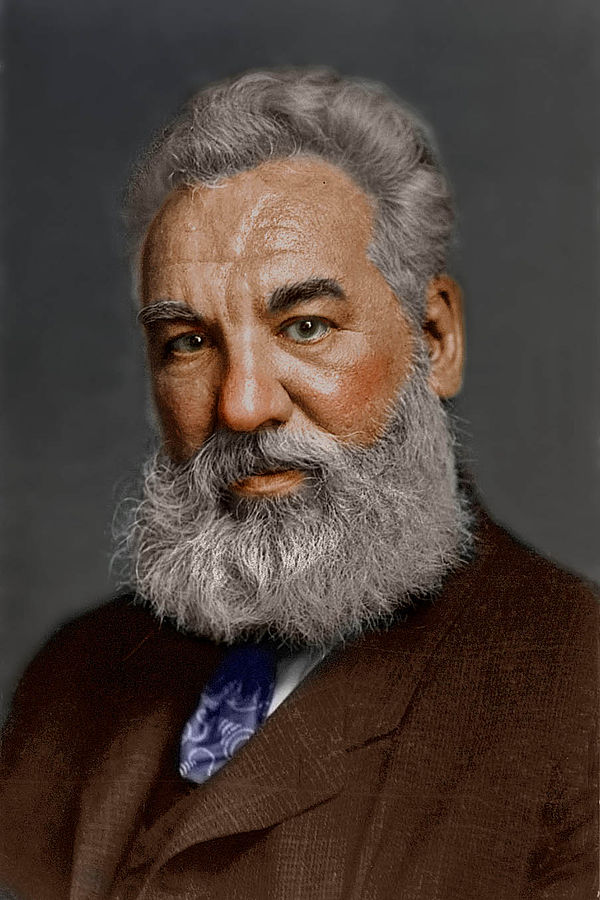
Alexander Graham Bell
Born in Edinburgh in 1847, this is who we all have to thank for those small gadgets glued to everyone’s hands these days – sort of. Yes, it was this guy who invented the telephone, and yes, he was Scottish, not American as is commonly thought.
Fun Fact: Bell’s interest in sound no doubt had a lot to do with his parents; his father worked in the field of phonetics and his mother (and later his wife too) was deaf. Bell also predicted that one day we’d all be able to see the person we were phoning.
Charles Bell
Born in Edinburgh in 1774 (and no relation to Alexander), this Bell made many discoveries in the study of the nervous system, most notably by distinguishing between motor and sensory nerves. Bell’s Palsy, the paralysis of facial muscles, was named after him.
Fun Fact – He was also an accomplished artist, and his biological drawings are very impressive, not to mention handy in his line of work.
Arthur Conan Doyle
Born in Edinburgh in 1859, Conan Doyle is of course the author of eternally popular literary sleuth Sherlock Holmes. The character Sherlock’s influence on detective fiction can still be seen in books and film today, and with two successful TV shows currently airing (the British Sherlock and American Elementary), he is as popular as ever.
Fun fact – Conan Doyle moved to Davros in Switzerland in 1893, took up the very new sport of skiing. He loved it so much he was sure many a Brit would one day holiday in Switzerland to experience it too. They thought he was nuts.
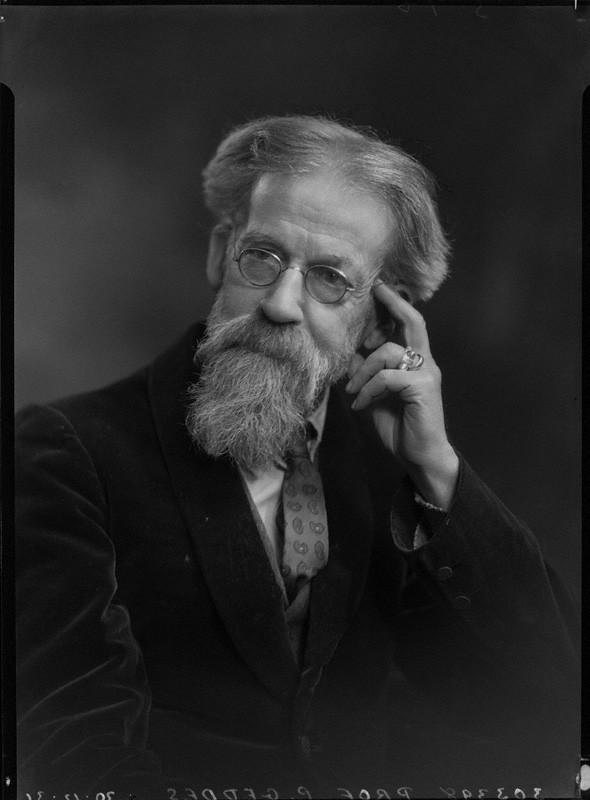
Patrick Geddes
Although born in England, Geddes grew up in Perthshire and lived and worked in Edinburgh in the 1880’s. He was a sociologist, geographer, town planner, biologist and philanthropist who believed people needed light and space to thrive in an urban environment. While in Edinburgh he almost single handedly cleaned up the Old Town, returning them from slums to a desirable area for the wealthy to live once more.
Fun Fact – Geddes was the town planner for Tel Aviv in Israel.
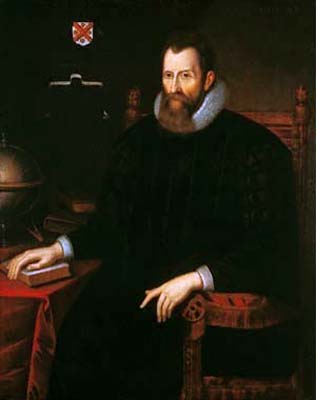
John Napier
Born in Edinburgh in 1550, Napier was the mathematician and astronomer who invented logarithms. The electrical engineering symbol, neper, is named after him, as is Edinburgh’s Napier University.
Fun Fact: Napier also invented Napier’s Bones, a very early version of the modern calculator.
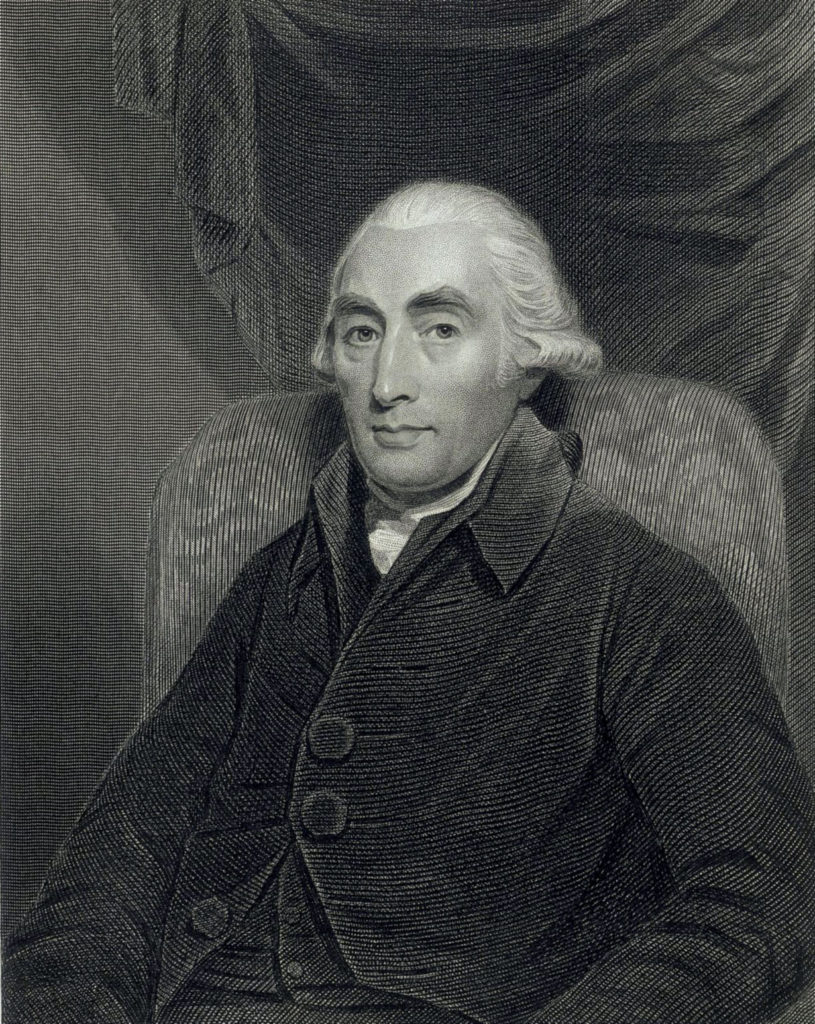
Joseph Black
Born in France to a Scottish mother in 1728, Black moved to Edinburgh to study in his early twenties . He was a doctor and chemist who discovered magnesium and carbon dioxide. His most important work though was to discover latent heat, a theory that would eventually lead to the invention of steam engines.
Fun Fact – Black was one of the founders of an elite weekly dining club in Edinburgh called The Oyster Club. The city’s best thinkers, philosophers, scientists and the Edinburgh ‘literati’, would attend each week, often meeting at what is now The Caves, a dungeon-like venue just off Cowgate.
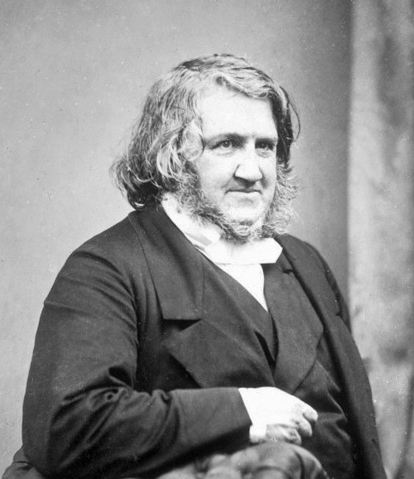
James Young Simpson
Born just outside Edinburgh in Bathgate in 1811, Simpson was the first person to use chloroform as a way of putting patients to sleep in 1847. Rather than making the discovery during a controlled lab experiment, Simpson simply tried it on himself and a couple of mates one night at a dinner party after hearing how this new substance had put large animals to sleep. How very rock n roll of him.
Fun Fact: Simpson’s main work was as an obstetrician and he invented a style of forceps that are still used today.
Nigel Gresley
Born in Edinburgh in 1876, Gresley designed some of the most famous and fastest steam trains in Britain, including the legendary Flying Scotsman. And no, he’s not a relative of Thomas the Tank, there’s just no copyright free pictures of him to use above.
Fun Fact: One of his designs, the Mallard, still holds the steam locomotive land speed record of 126.4 mph/203.4 kph. The record was set on 3rd July 1938
James Hutton
Born in Edinburgh in 1726, Hutton is a geologist (he is in fact, widely known as the father of geology) who came up with the theory of uniformitarianism, which is all to do with ageing of the earth’s crust. Basically this work made geology a science.
Fun Fact: Hutton was also a founding member of The Oyster Club with Joseph Black and was buried in Greyfriar’s Churchyard (which is more famous today for a certain four legged fluffy legend).
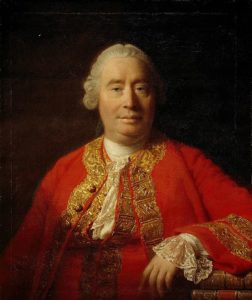
David Hume
Born in Edinburgh in 1711, Hume is considered one of the most important and influential English language philosophers ever. He wrote his best known work A Treatise of Human Nature when he was just 23 (although it was not well received at the time) and followed that up with the six volume, million word opus The History of England. One of his best known theories was that how humans behave is down to passion, not reason.
Fun Fact: Hume’s quote “Beauty in things exists in the mind which contemplates them.” is often quoted today, but as the slightly changed version “Beauty is in the eye of the beholder”.
Stuff to Know:
Sadly, there were no women to put on this particular list. Considering the limits placed on them by society at the time most of the men above lived, how they were denied education and who was writing the history books, this is not much of a surprise. So I’ll just write another post soon about the women in Edinburgh’s history, who may not have invented or discovered anything, but nevertheless made a significant impact.





























